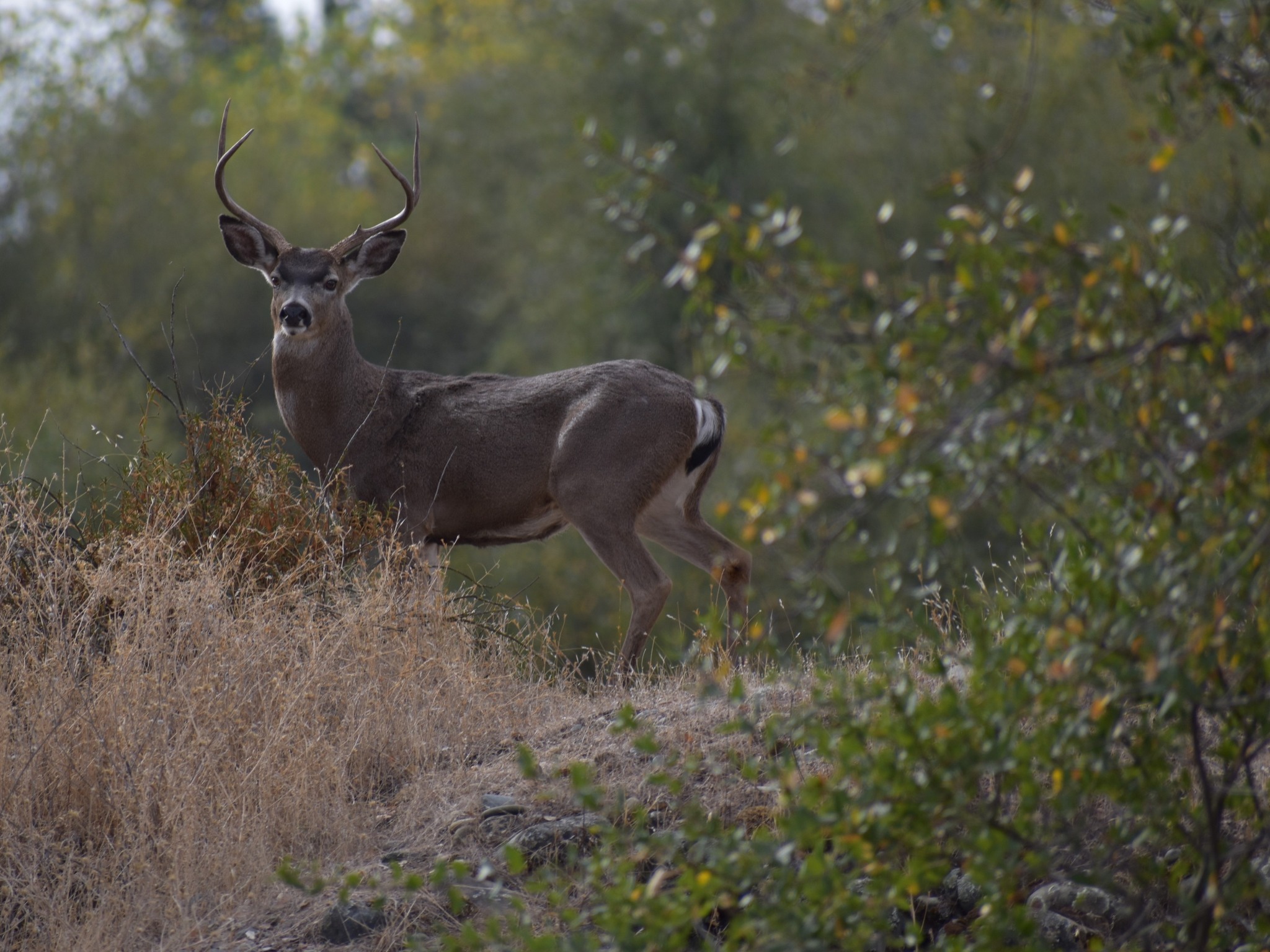Below is a news release from the California Department of Fish and Wildlife.
Chronic wasting disease (CWD) has been detected for the first time in California’s deer and elk. The California Department of Fish and Wildlife (CDFW) received confirmation on May 6 samples collected from two deer, one in Madera County near Yosemite Lakes and the other in Inyo County, near Bishop. The deer in Madera County was found dead due to unknown causes and the Inyo County deer was found dead after a vehicle collision.
CWD is a fatal neurologic disease in cervid animals such as deer, elk, moose and reindeer that has been detected in free-ranging cervids from 34 states, including California, and five Canadian provinces as well as Scandinavia. It affects the brain, causing progressive damage and eventually, death. There is no effective treatment or vaccine to combat this disease.
There appears to be no known link between CWD and human disease, although a similar prion animal disease, bovine spongiform encephalopathy (BSE) or mad cow disease in cattle, has been linked to fatal disease in humans through the consumption of infected beef. As a result, the World Health Organization and the Centers for Disease Control and Prevention recommend keeping the agents of all known prion diseases from entering the human food chain (Centers for Disease Control and Prevention, Chronic Wasting Disease(opens in new tab)).
CDFW has been monitoring California elk and deer populations for CWD through lymph node sampling and testing since 2000, testing over 6,500 deer and elk, and has been working to increase surveillance efforts, with the help of hunters, taxidermists and meat processors since 2018.
Clinical signs of the disease include progressive weight loss, clumsy movements and lack of coordination, listlessness, drooling, excessive thirst or urination and behavioral changes. Once these symptoms develop death occurs quickly.
The disparate locations of these two detections indicate that CWD has probably been present in California for some time, since the incubation period can be months to years.
“CWD infected animals can excrete infectious prions before clinical signs appear and these prions can persist in the environment for years, making it very difficult to prevent or control the spread once it has been introduced,” says, Dr. Brandon Munk, CDFW’s wildlife veterinarian who oversees CWD surveillance and response efforts. “The public can help limit the spread of CWD by reporting any signs of illness in deer and elk populations, and hunters should strongly consider testing their harvested deer or elk.”
CDFW continues to provide surveillance, response, long-term management plans and public outreach and education through their “No Time to Waste” campaign to limit the spread. Hunters can assist in the efforts by voluntarily participating in CDFW’s statewide CWD surveillance and sampling efforts and encouraging other hunters to participate.
(Photo credit: California Department of Fish and Wildlife)
